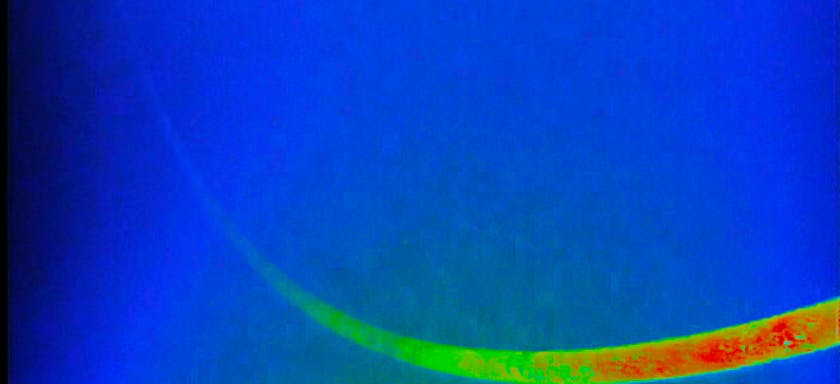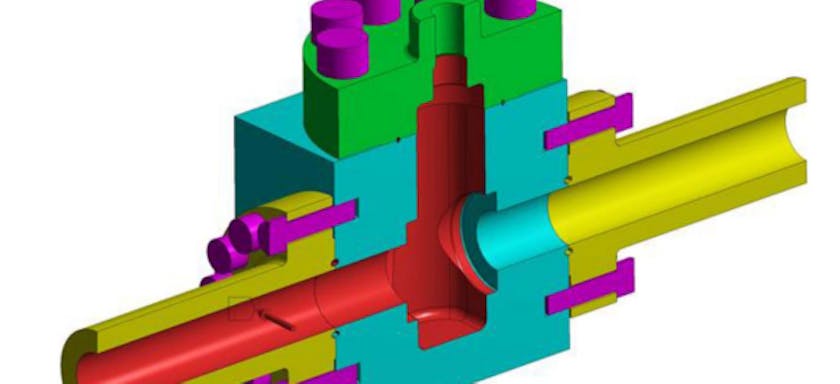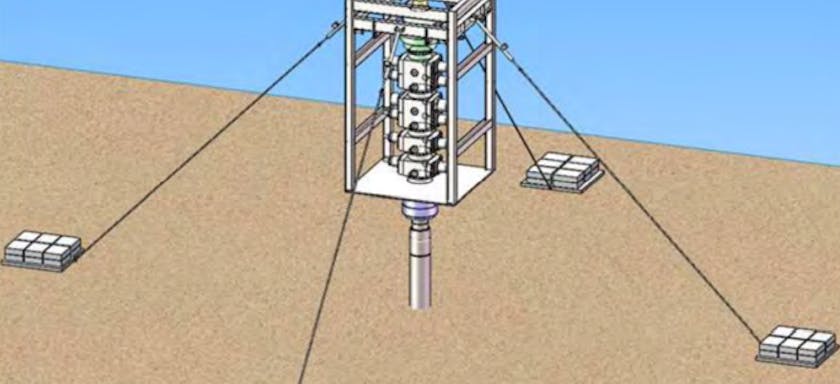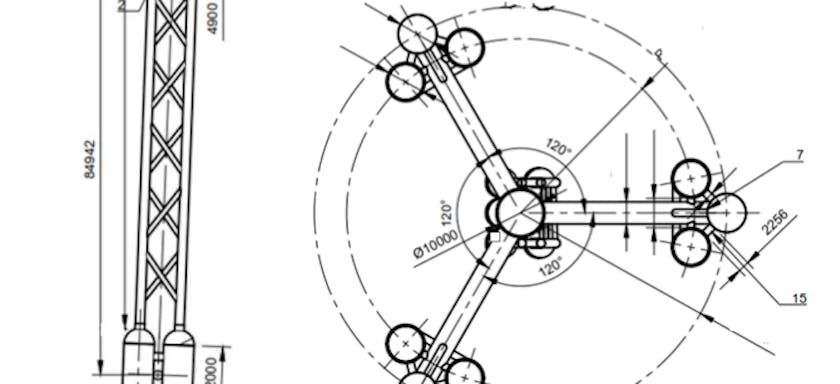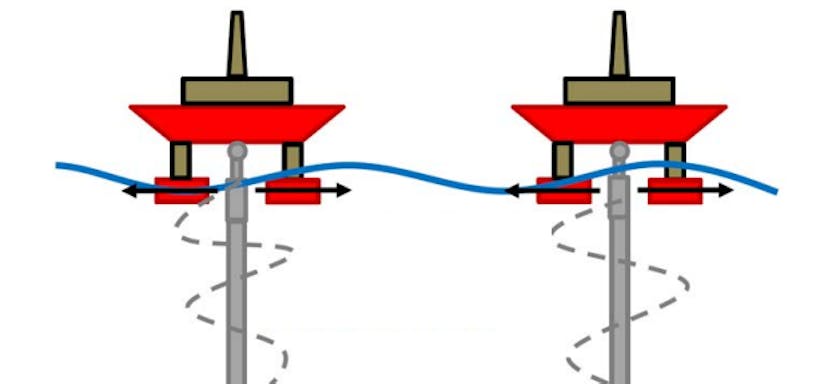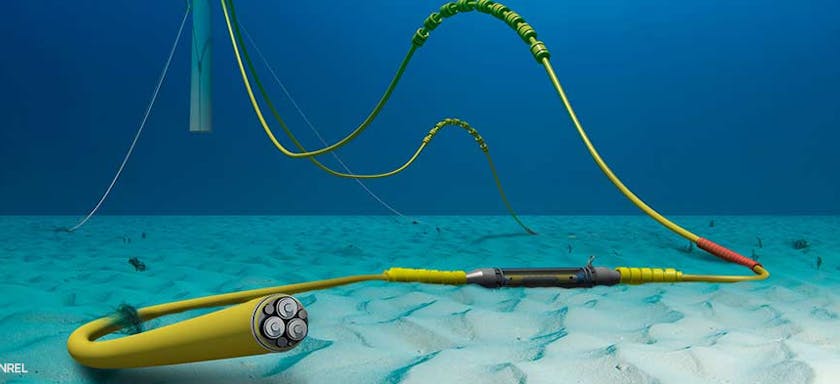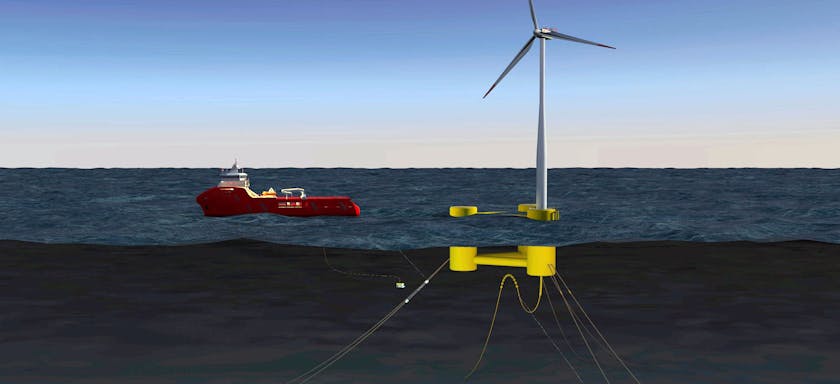STREAM JIP – Insights into Steel Catenary Riser Response using Measured Data
EVENT: OTC
1 May 2019
The objective of the STREAM (Steel Riser Enhanced Analytics using Measurements) JIP is to provide a measurement based foundation for SCR and lazy wave riser modelling to ensure that the fatigue response is assessed with adequate but not overly conservative parameters. To achieve this objective, the JIP utilizes field measurements from 4 in-service SCRs and 1 SLWR in water depths from 3,000 ft to 5,000 ft. The field measurements correspond to a range of environments including hurricanes and loop currents, riser functions, sizes, VIV suppression coverages and host vessels.
The processing commences with data QA, error assessment and data filtration. Riser response is categorized into wave dominated events, VIV events and others such as MIV events. As-built finite element riser models are developed and simulations are conducted using measured motions. The resulting analytical responses are compared with the measured motion and strain data to determine the level of conservatism or otherwise in typical riser wave fatigue analysis. SHEAR7 models driven by measured current profiles are used to compare predicted VIV response to observed VIV amplitudes and frequencies.
Analysis results indicate that industry standard fatigue assessment is indeed conservative. Sensitivities are conducted and presented on key design parameters that are known to be conservatively used in design such as hydrodynamic coefficients and SHEAR7 inputs. A set of parameters is derived that not only reduces fatigue damage bias but also improves the reliability in predictions. Recommendations are made with regards to further refinement of analysis parameters and understanding of atypical riser responses. Measured riser response that does not conform to typical wave and VIV spectra are presented and discussed.
The combined assessment of full scale field data from multiple catenary risers is an industry first. The results from this JIP offer valuable insight into riser response characterization with potential applications for SCR/SLWR life extension and more efficient new designs.
Note that in this paper, the term SCR is often used a generic term to describe both the regular SCR as well as the lazy wave implementation of it, the SLWR.
Authors

Dhyan Deka
Senior Engineering Specialist

About
Dhyan has over 17 years of experience in project management and technical leadership of riser and conductor engineering projects. He has led numerous design, integrity management and life extension projects both as the owner’s engineer as well as the verification agent. Dhyan is the project manager of the two premier riser joint industry projects – STREAM and TRACS JIP.
As one of the principal engineers in the Houston office, Dhyan’s focus is the expansion of our riser and umbilical life extension offering, both locally and abroad. Dhyan has a Bachelor’s degree from IIT Guwahati and a Master’s degree from the Ohio State University, both in Mechanical Engineering.
Insights

Mike Campbell
Global Director, USA

Mike Campbell
Global Director, USA
About
Mike is a Global Director and vice president of 2H’s Houston office, where he is responsible for the management of the engineering group. Mike has over 22 years of experience dedicated to riser engineering, ranging from conceptual design and feasibility to detailed design, installation, monitoring and operational integrity management for all types of riser systems and subsea equipment. He has authored numerous technical publications including fatigue analysis methods and the use of field measurements to benchmark and improve design tools. Mike is a graduate of the University of Sheffield, UK, and has a bachelor’s degree in mathematics and physics.

Yenny Chandra
Engineering Specialist
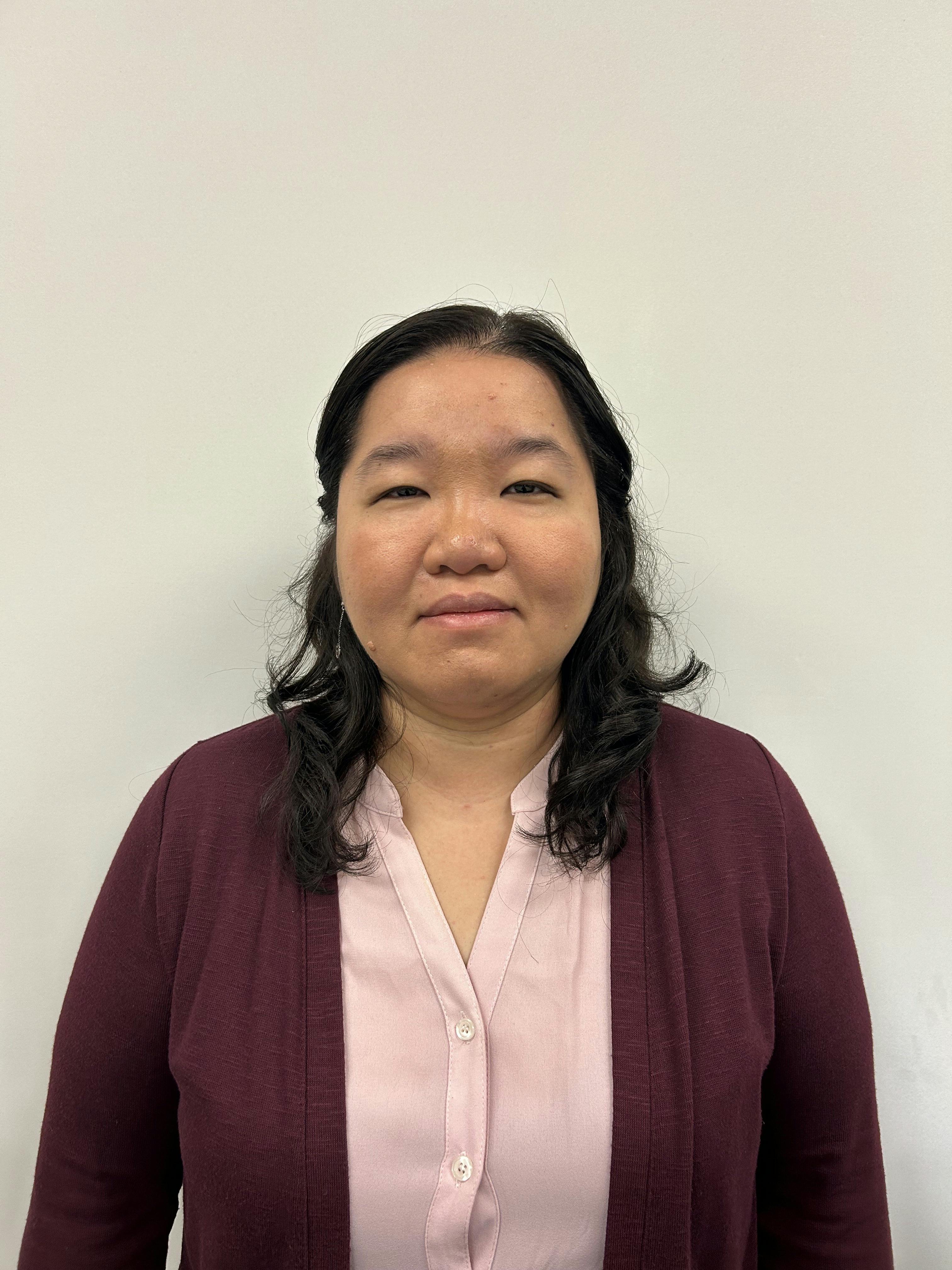
About
Yenny has over 9 years of experience in offshore riser systems including Steel Catenary Risers (SCR), Top Tensioned Risers (TTR), drilling risers, and completion risers. She has been involved in design and analysis of riser systems, structural monitoring, and riser life extension projects. Her recent work has been focusing on using measurements to verify industry-standard modelling practice in fatigue assessment of SCRs and drilling risers. Yenny is a registered Professional Engineer (PE) in Texas and holds a doctoral degree from Rice University, Houston.
Yiannis Constantinides
Chevron
Markku Santala
Chevron
Flora Yiu
Anadarko
Ilkay Darilmaz
Shell
Varadrajan Nadathur
Shell
Joe Jin
ExxonMobil


